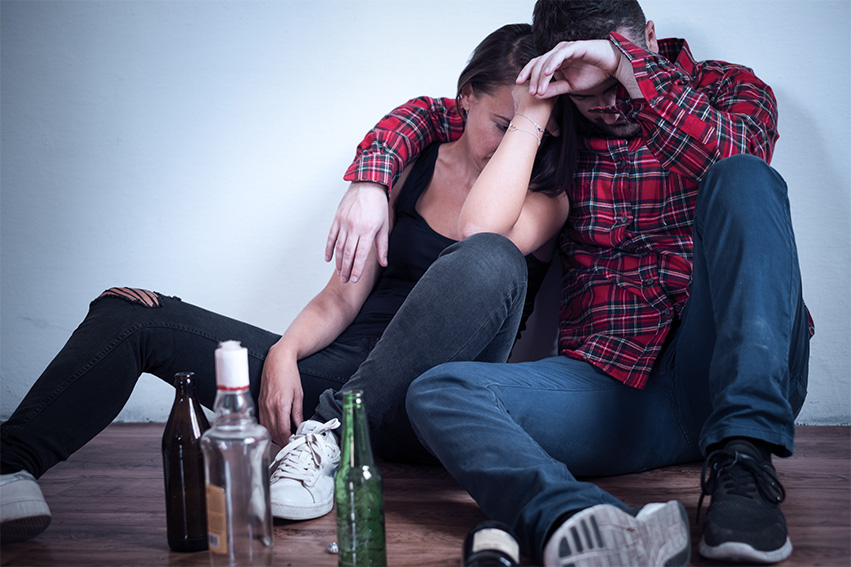At Risk Drinking
Drinking alcohol harms the organs in the body.
Learn the Facts
Heavy drinking, often called “at-risk” drinking, is drinking more alcohol than recommended. Alcohol reacts differently based on your body type. Most women tend to absorb more alcohol and it may take longer to metabolize it. (2020, Centers for Disease Control and Prevention).

Drinking too much can have many risks for women.

Drinking too much for women includes:
Pregnant
Non-Pregnant
How much is too much?
At-risk drinking and your health:
Drinking alcohol harms the organs in the body. The more a person drinks, the higher their risk of getting a disease.
Health risks include:
Many do not realize that at-risk drinking is a problem until it negatively changes your life. Not only does it affect your finances but your loved ones too.
You can choose
- Choose not to drink too much yourself and help others to do the same.
- If you choose to drink alcohol, drink no more than 1 drink per day for women, and no more than 2 drinks per day for men.
- Not to serve or give alcohol to those who should not be drinking, such as people under the age of 21 or those who drank too much.

Talk with your doctor about your drinking habit and ask for help.
What happens to you when you quit alcohol
Quitting alcohol or limiting the amount you drink looks different for everyone.
- Lower the risk of heart disease.
- May reduce risk of cancer.
- May go through weight loss due to cutting
calories from the alcohol. - Help brain health.
Seek help if you are struggling with at-risk drinking. Based on how long and how heavy of a drinker you are, quitting alcohol may cause harm to your health when trying to quit cold turkey. Reach out for the support you need to quit at-risk drinking.
Health Plan Services
Health Plan of San Joaquin/Mountain Valley Health Plan (“Health Plan”) is here for you. Learn about all the resources available to you.
Additional Resources
-
- Alcohol Use and Your Health
- Excessive Alcohol Use is a Risk to Women’s Health
- Excessive Drinking is Draining the U.S. Economy
- Preventing Excessive Alcohol Use
- National Institute on Alcohol Abuse and Alcoholism
- Alcohol Facts and Statistics
- National Drug and Alcohol Treatment Referral Routing Service –1-800-662-HELP
-
- Alcoholics Anonymous – 1-209-464-1594
- Al-Anon/Alateen – 1-209-547-3086
- San Joaquin County Behavioral Health Substance Abuse Services – 1-209-468-9600
- Community Medical Centers Behavioral Health Service
- Stanislaus Recovery Center – 1-209-525-7411
Posted on February 6th, 2022 and last modified on February 6th, 2025.
top

